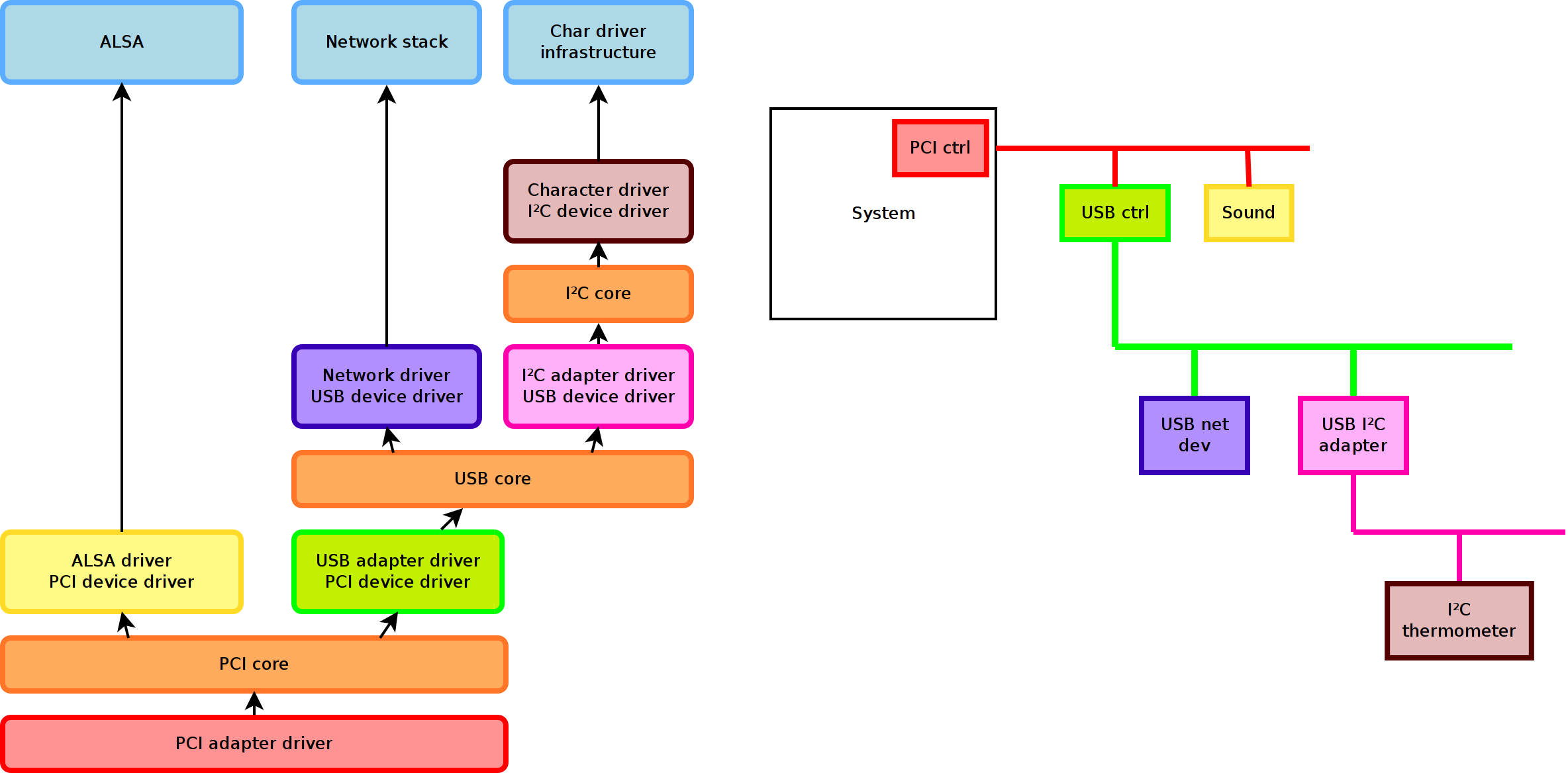 Thomas Petazzoni gave a talk on the Linux kernel architecture for device drivers at the Libre Software Meeting in Bordeaux, France. While the talk was given in French, the materials are in English and can therefore benefit a larger audience. The talk seems to have been well-received, especially from people already having a basic Linux kernel development experience. The topics covered are part of our Linux Kernel development training, and are also usually very appreciated from the trainees already having Linux kernel experience.
Thomas Petazzoni gave a talk on the Linux kernel architecture for device drivers at the Libre Software Meeting in Bordeaux, France. While the talk was given in French, the materials are in English and can therefore benefit a larger audience. The talk seems to have been well-received, especially from people already having a basic Linux kernel development experience. The topics covered are part of our Linux Kernel development training, and are also usually very appreciated from the trainees already having Linux kernel experience.
The idea of the talk is to give an overview of how device drivers fit into the kernel, both to expose their functionality to upper layers (such as a network device driver exposes itself to the kernel network infrastructure) and to detect/access the hardware using the device/driver model, which is quite hard to understand from the source code only.
The talk went through the following sections :
- First a basic introduction to device drivers: how devices are seen from userspace applications, and how a simple, raw, character driver can be implemented. It allowed to expose the principle of operations and their similarity with methods in object-oriented programming, and the principle of registration to an upper-layer infrastructure
- Then, an introduction to what I call « kernel frameworks », i.e kernel subsystems that specialize a general device type (i.e character device) into a particular device type (i.e serial port device, framebuffer device, etc.). The talk illustrates this with the framebuffer core and the serial port core.
- Finally, an explanation about the device model: bus drivers, adapter drivers and device drivers. I started with the example of the USB bus: being a dynamically-enumerated bus, it provides a good illustration of the device model principles. At the end, I explained how the device model works for the devices embedded into a SoC using the platform drivers/devices mechanism
The slides for this talk are no longer available, but their updates are now integrated in our Linux kernel and driver development training materials which are freely available.
